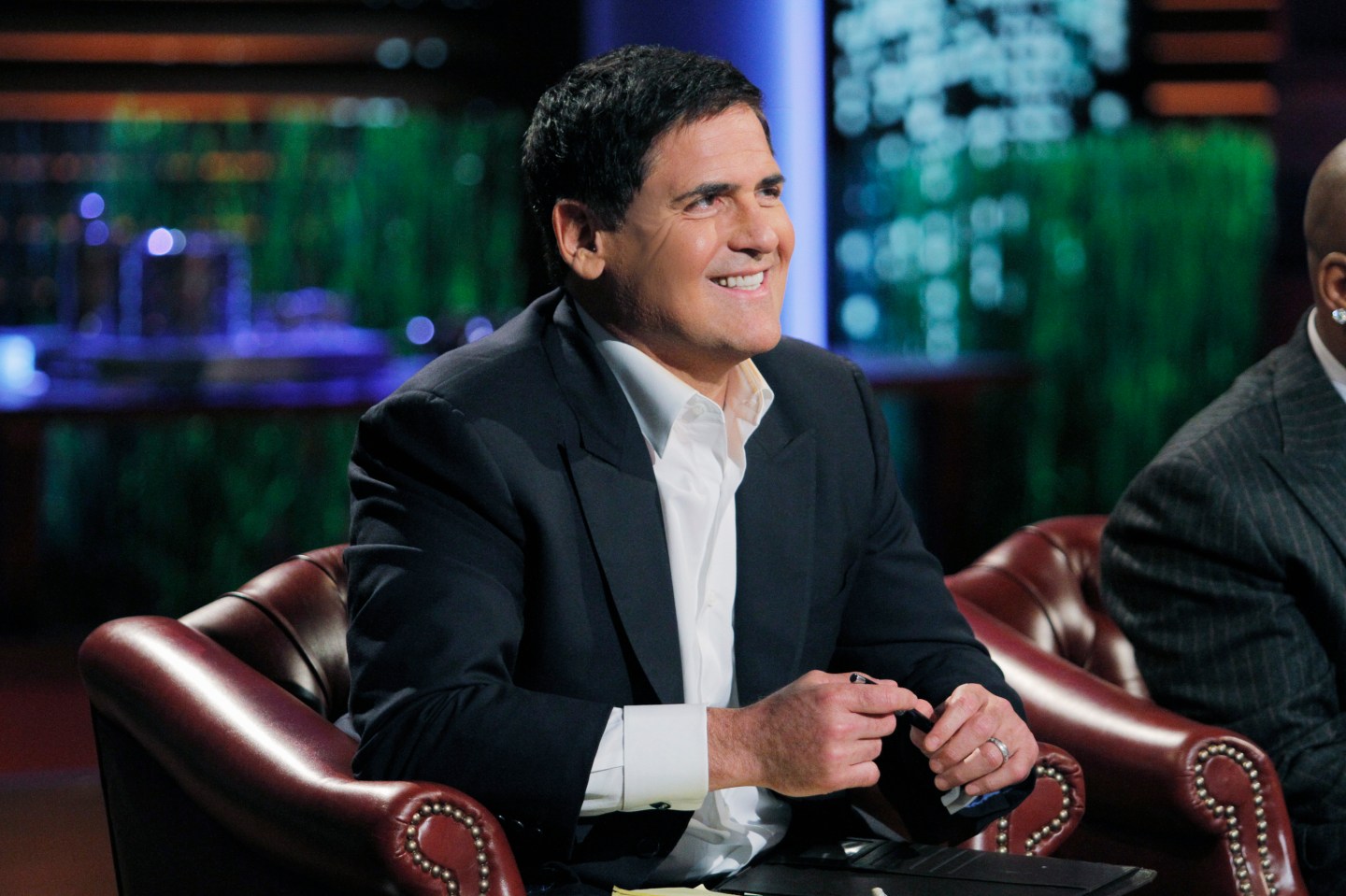Running a business is a time-consuming process. It’s hard to find enough time when you have to finish Mrs. William’s English essay, Mrs. Presley’s history reading, and Mr. Dluhy’s film project.
As an 18-year-old venture capitalist, this is the situation I constantly find myself in. And I’m not alone. My generation is the first to truly have the full power of the Internet at our fingertips wherever we go. Not only is this a full privilege, but it is also an extremely effective tool for doing business. As a young business owner, you can now conduct an entire business from your laptop. Now is the perfect time for high school students to jump into entrepreneurship – and that means knowing how to pitch big-time investors.
Time and energy are the most valuable assets we have as teenagers. Consolidating those to maximize efficiency is required to be successful. Here are four tips when pitching an investor when you’re still in high school:
1. Do your homework
Finding the right investor is one of the most critical elements to gain funding. You may be trying to start a tech company and pitching to an oil baron probably won’t go very far. When I started my company INC.UBATOR, a venture capital firm designed for entrepreneurs under 30, during my sophomore year of high school. I wanted a big-name investor with me. I decided to cold-email Mark Cuban and pitch to him. I chose Cuban since he had a record of investing in young companies and was close enough geographically that I could arrange an in-person with him. In my first email to him, I led with my age (16 at the time) and explained my vision.
2. Be shameless
Venture capitalists are generally flooded with deal-flow and entrepreneurs pitching to them. Following up with them is one of the best ways to show how serious you are. The “checking-in” email follow-ups simply won’t work. You need to be shameless, resilient, and open to feedback – even if they say no. At first, Cuban wasn’t very receptive to the idea and he poked holes through all my plans, but with steady followups, he started to discuss the idea more. If you’re unable to get a specific person’s email, keep trying until you can get someone to send you their way.
3. Constantly seek mentorship and advice
This step is really effective for your first few investors. As a high school student, you can always find someone in the professional field more than willing to be a mentor and give advice. Your young age is a huge selling point and edge. Once you have their attention, a good next step is asking for a phone call discussing your idea or venture. On that call, instead of asking for your end goal (an investment in this case), ask for advice and mentorship. After our first few online interactions, I was invited to a Dallas Mavericks game to meet Cuban in person. Instead of pitching for an investment, I asked for mentorship, which helped immensely in strengthening our relationship. Not only did he give me valuable advice on the logistics of starting INC.UBATOR, but we also talked about college. Cuban told me how hard it is to run a full-time business in college. He said you need to devote yourself to one or to the other, that you owe it to either your studies or your business to be at 100 percent. Even now, every time I have questions regarding INC.UBATOR or college, I’m not afraid to send him a quick email to get his take. I don’t think there is a limit to the number of times you can pitch or simply ask for advice.
4. If you don’t ask, you don’t get
Finally, the last and final step is to make the ask. At the end of the day, you can’t expect an investor (or anyone you’re pitching) to offer exactly what you’re looking for. Simply asking for what you want will allow you to get closer to your end goal. It sounds simple enough, but many young entrepreneurs aren’t confident enough to do this. After about a month, I asked Cuban to be a preferred investor and mentor for any entrepreneurs that come through INC.UBATOR, and it was extremely nerve-wracking. Looking back, I shouldn’t have been nervous. If Cuban had said no, it would have been only a matter of time until someone did say yes. Remember – at the end of the day, the worst they can say is no.
Aaron Easaw is the CEO of INC.UBATOR and a senior at Imagine International Academy of North Texas
